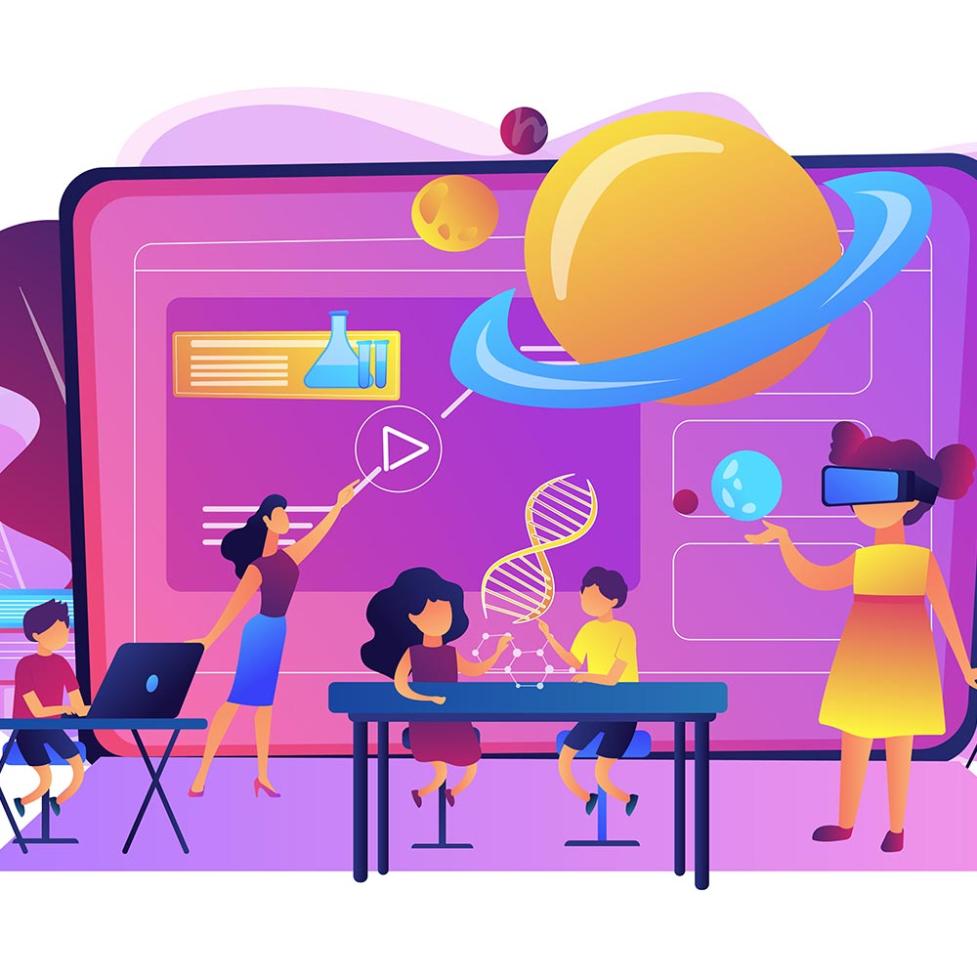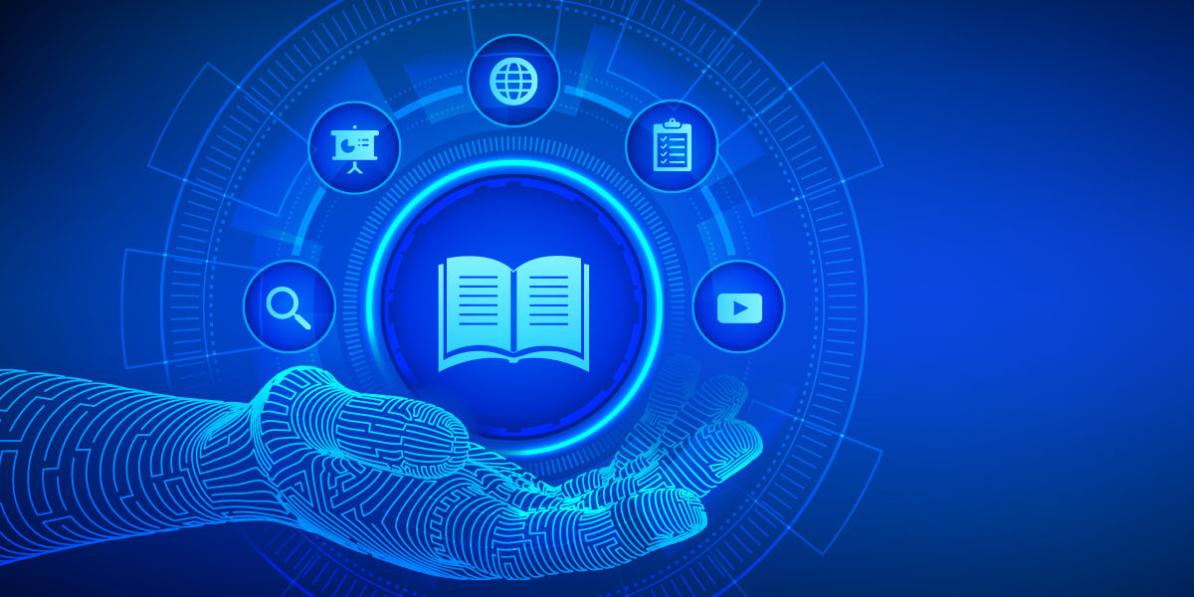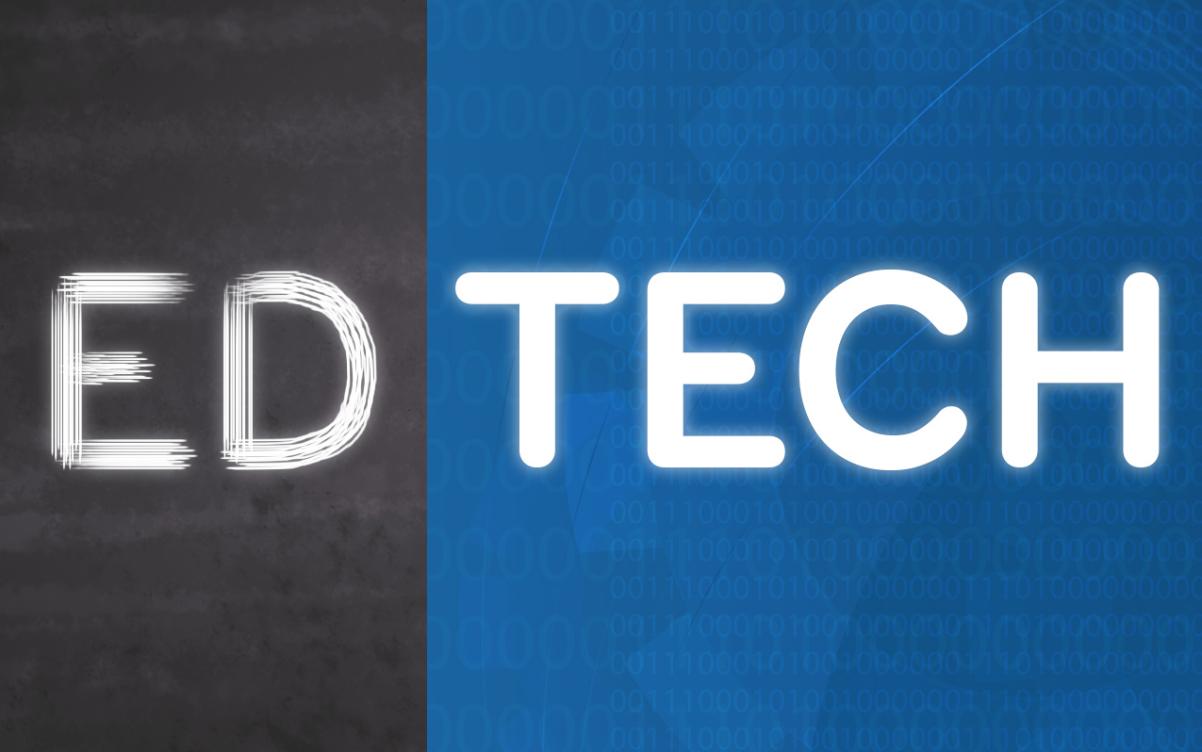AI Edtech: Transforming Education in Remote and Underserved Areas in the UAE
In today's rapidly evolving world, access to quality education is more crucial than ever. However, many remote and underserved areas in the United Arab Emirates (UAE) face significant challenges in providing their students with the education they need to succeed. AI Edtech, a combination of artificial intelligence (AI) and educational technology, has the potential to revolutionize education in these areas by addressing these challenges and improving the quality of education for all students.

Challenges Faced By Remote And Underserved Areas In The UAE
Remote and underserved areas in the UAE face several challenges in accessing quality education, including:
Lack Of Access To Qualified Teachers And Resources
- Remote areas often lack qualified teachers, especially in specialized subjects, due to limited incentives and a lack of infrastructure.
- Underserved areas often have limited access to educational resources such as books, computers, and laboratory equipment.
High Dropout Rates
- Poverty, cultural barriers, and a lack of motivation contribute to high dropout rates in remote and underserved areas.
- Students who drop out of school are more likely to face unemployment, poverty, and social problems.
Poor Infrastructure And Connectivity Issues
- Remote areas often lack reliable electricity, internet connectivity, and adequate school buildings.
- Connectivity issues make it difficult for students to access online educational resources and participate in virtual learning.
Limited Opportunities For Continuous Professional Development For Teachers
- Teachers in remote and underserved areas often have limited opportunities for continuous professional development due to a lack of resources and training programs.
- This can lead to outdated teaching methods and a lack of skills in using technology in the classroom.
How AI Edtech Can Address These Challenges
AI Edtech offers a range of solutions that can address the challenges faced by remote and underserved areas in the UAE and improve the quality of education for all students.
Personalized Learning
- AI-powered adaptive learning platforms tailor content and instruction to each student's needs and learning pace.
- Real-time feedback and progress tracking help students identify strengths and weaknesses.
- Interactive simulations and gamification enhance engagement and motivation.
Virtual And Augmented Reality
- Immersive learning experiences bring abstract concepts to life, making them more relatable and memorable.
- Virtual field trips and simulations provide hands-on experiences that are otherwise inaccessible.
- AR overlays digital information onto the real world, creating interactive learning environments.
Chatbots And Virtual Tutors
- AI-powered chatbots and virtual tutors provide 24/7 support, answering questions and offering guidance.
- They can be programmed to respond in multiple languages, catering to diverse student populations.
- Chatbots can also help students develop critical thinking and problem-solving skills.
Data Analytics And Insights
- AI algorithms analyze student data to identify patterns and trends, providing insights into their learning styles and progress.
- This data can be used to create personalized learning plans and interventions.
- Teachers can use data analytics to identify students who need additional support or enrichment.
Case Studies And Success Stories

Several successful implementations of AI Edtech in remote and underserved areas in the UAE have demonstrated its transformative potential.
- In Al Ain, an AI-powered adaptive learning platform has been used to improve student outcomes in math and science. The platform provides personalized learning paths and real-time feedback, resulting in significant gains in student achievement.
- In Fujairah, a virtual reality program has been used to provide students with immersive learning experiences in history and geography. The program has been shown to increase student engagement and retention of information.
- In Ras Al Khaimah, a chatbot has been used to provide students with 24/7 support in multiple languages. The chatbot has been credited with reducing dropout rates and improving student motivation.
AI Edtech has the potential to revolutionize education in remote and underserved areas in the UAE by addressing the challenges faced by these areas and improving the quality of education for all students. By providing personalized learning, immersive experiences, and data-driven insights, AI Edtech can help bridge the educational divide and ensure that all students have the opportunity to succeed.

Stakeholders in the UAE should invest in AI Edtech initiatives and policies to harness its transformative power. By doing so, they can create a more equitable and inclusive education system that prepares all students for the challenges and opportunities of the 21st century.
YesNo

Leave a Reply